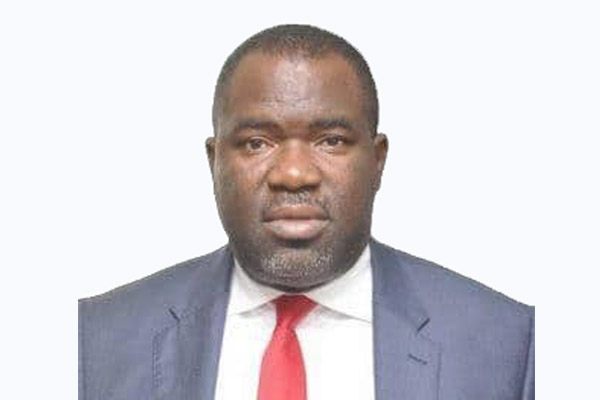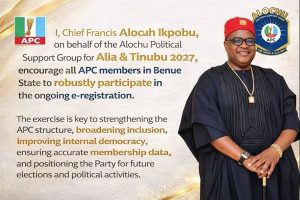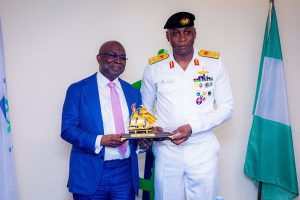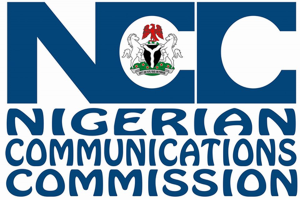Anybody who lived in, or visited Lagos before 2019, and had cause to be at or within the vicinity of Oshodi, who happens to be at the same place today, would be forgiven if he thought he was at two different places. Before that time, Oshodi, one of the nerve centres of Lagos, Nigeria’s commercial capital, was associated with any negative expression anyone could think of.
Oshodi was a metaphor for the chaotic transportation system for which Lagos, as a state, was notorious. The intractable traffic problem associated with Oshodi was caused by the fact that on a daily basis, about 6,000 commercial buses of all sizes, including luxury buses, load from the area to different parts of the state and different parts of the country, against the background of absence of transportation infrastructure to bear the load.

All that changed on May 2, 2019, when then president, Muhammadu Buhari, commissioned the $70 Oshodi Transport Interchange (OTI) to change not just the topography, but also the method of transportation in a place which Lagosians hitherto regarded as a no-go area. The multi-level bus terminal, the first of its kind in Nigeria and the largest in Africa, is fitted with world-class facilities that include loading bays, ticketing stands, waiting areas, drivers’ lounges, parking areas, surveillance towers, with pedestrian bridges that are linked to it, to allow a passenger disembark from one bus and conveniently connect another bus to another area of the state without going out of the facility. The interchange was built to address the perennial transportation and environmental challenges with which Oshodi was associated.
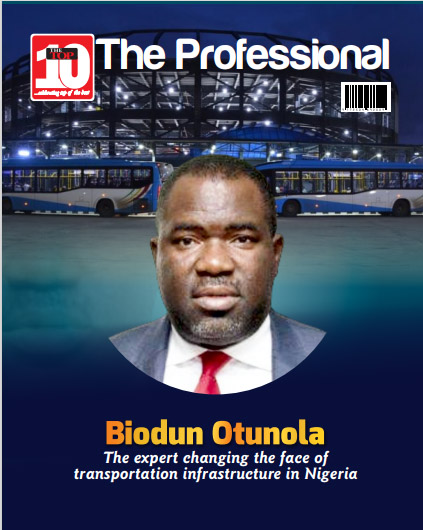
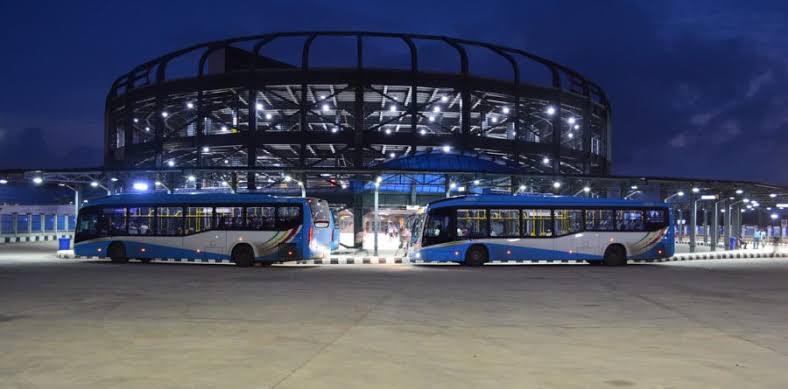
Nigerians applauded the infrastructure masterpiece that changed the face of Oshodi. But not many knew the company behind the infrastructure wizardry that redefined transportation convenience in Lagos. Not many knew that Planet Projects Limited, a leading Engineering, Procurement, Construction and Management (EPCM) firm that rubs shoulders with the best in the world, was behind the design and construction of the edifice. Even among those who knew, perhaps not everyone knew the man behind the harbinger of the transportation infrastructure revolution at Oshodi.
Biodun Otunola, the managing Director and Chief Executive Officer of Planet Projects Limited, is not given to making noise about his competence or expertise in the design and construction of transportation infrastructure. He allows his works to speak for him. It is no hyperbole to say that his works speak volumes about his deep knowledge and practical experience in the provision of transportation infrastructure that meets the demands of the times.
One good job deserves another. The timely completion and successful delivery of OTI was all that Otunola needed as recommendation for more of such facilities. Before then, however, he had built and delivered the Ikeja Bus Terminal which Buhari commissioned on March 29, 1028. The terminal is equipped with an Intelligent Transport System (ITS) and Operations and Control Centres (OCCs) that allow for the dissemination of relevant and up-to-the-minute passenger information for improved service delivery.
Otunola has been able to deliver iconic transportation infrastructure in Lagos because he is involved in the Lagos Strategic Transport Masterplan. From initial building of bus terminals and Bus Rapid Transport (BRT), he moved into construction of rail networks and provision of water transportation infrastructure.
From transport consultancy, he built Planet Projects to become, perhaps, Nigeria’s leading transport solutions company involved in the building of transportation engineering projects in different parts of the country, which include BRT, rail, water transport and traffic engineering, covering the transport value chain involving study, planning, engineering design, construction, operations and management. Apart from OTI and the Ikeja Bus Terminal, the firm was involved in the Lekki Port Project, the Lagos Blue Light Rail Project, Ogun Rail Project, among others. If the BRT system that was introduced by the administration of former governor, Babatunde Fashola, in March, 2008,has been a success story, Otunola shares in that success as the designer of the system.
A gamble that paid off
Former governor, Akinwunmi Ambode, saw in Planet Projects the ability to handle something bigger than the BRT system. When he conceived the idea of a transport interchange to solve the intractable problem that Oshodi had become, he did not need to look far to pick Otunola. He took a gamble which paid off in the architectural masterpiece that OTI turned out to be. Otunola did not disappoint.

A goldfish has no hiding place. With the string of successes recorded in Lagos with landmark projects spread across the state, it wasn’t long before Otunola attracted attention from outside the state. In a short time, his firm became the most sought-after transportation infrastructure provider in Nigeria. This has led to states like Delta, Rivers, Ondo, Oyo and Kogi seeking the services of the company for transport related infrastructural projects. The company built the Lokoja Mega Terminal, among other projects. The Enugu State Government awarded multi-million naira contracts to Planet Projects for construction of bus terminals in strategic locations across the state, such as Holy Ghost (Enugu Central) Gariki, Abakpa and Nsukka.
The icing on the cake for Planet Projects in its quest to become the reference point in the provision of transportation infrastructure in Nigeria came recently when the Federal Government awarded it a N51 billion contract to build bus terminals and other transport infrastructure in the Federal Capital Territory (FCT) of Abuja. A statement by Bayo Onanuga, President Bola Tinubu’s Special Adviser on Information and Strategy on his X handle said the Federal Executive Council, at its meeting of May 14, 2024, approved the contract for the company to build modern bus terminals at Kugbo, Abuja Central Business District and Mabushi within 15 months. The company is expected to replicate in the FCT the expertise it has demonstrated in other parts of the country, in order to enhance transportation convenience for commuters in the area. A new dawn is in the offing for commuters in Abuja.
Otunola is not only good in delivering world-class transportation infrastructure; his knowledge of issues that are associated with the entire transport value chain is top notch. This knowledge is evident in the fact that beyond building the right infrastructure to enable the transport sector to thrive, he advises on what needs to be done to enhance efficiency of the sector. He says, for instance, that the first priority of government in the effort to provide an efficient transport system is provision of infrastructure.
“Our governments need to invest in the infrastructure elements of public transport,” Otunola said, in an interview with Thisday newspaper. “If you are talking about the bus transport system, for instance, governments need to invest in depots, terminals, or bus stops while the private sector can invest in buses in a public-private partnership (PPP). In the railway, governments need to invest both in the infrastructure and rolling stock. The railway is capital-intensive. So, it is not what individuals can readily go into. It is a government-to-government kind of transaction. It is important governments at different levels invest their money if they want to solve this problem. Also, we have said that Nigeria needs a national transport policy. Right now, most policies we have are not addressing our transportation issues”.
He believes that any Nigerian city with a population of one million should have a BRT system. He wants the Federal Government to invest in the feasibility study and master plan for the project, after which there should be a global template for all Nigerian cities. A project of that nature, he says, can be done at the Federal level and coordinated by the Federal Ministry of Transportation which would share relevant data with states through the Nigerian Governors Forum. This is because, in his view, many states do not have the capacity to handle such a project. He said Lagos was able to develop BRT, the first of its kind in Africa, because it has more than enough capacity for it.
About Biodun Otunola
Biodun Otunola holds a Bachelor’s degree in Civil Engineering from the Obafemi Awolowo University, Ile Ife, Osun State, from where he graduated as the Best Student in his department in 1997, and a Master’s degree from Chalmers University of Technology, Goteborg, Sweden. He has a strong reputation as an experienced engineer, as well as a transportation projects designer, builder and manager who has been involved in several high profile projects that have earned him national and international acclaim.
Otunola has a hands-on approach to offering solutions in all segments of the transport sector. His expertise in handling issues that are related to the transport value chain, including infrastructure and service delivery, got for him an appointment as a Policy Affiliate Member at the International Growth Centre (IGC) of the University of Oxford, the United Kingdom, under the Cities that Work Project. In 2019, Otunola co-authored a case study published by IGC, titled, “BRT and the Danfo: A Case Study of Lagos Transport Reforms, from 1999 to 2019”. He recently completed the Advanced Management Program (AMP – 79) at the Wharton Business School, University of Pennsylvania, in the United States.

